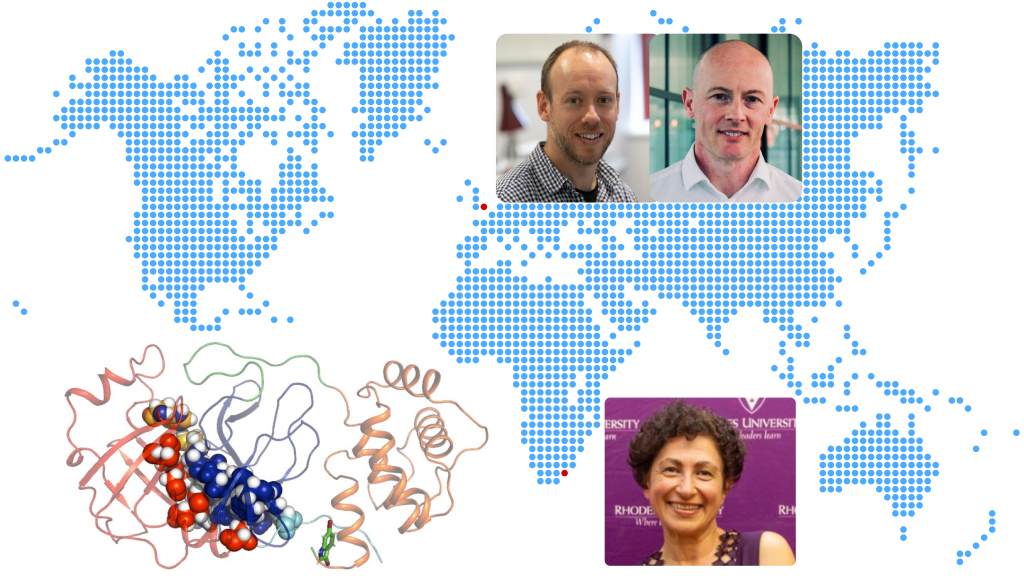Drug resistance is a serious issue with huge negative impact on public health and economic growth. One of the key drug resistance mechanisms is genetic mutations. In order to get long lasting and effective drugs, as well as to be prepared for future pandemics due to other viruses, we need to better understand drug target proteins and their capacity to evolve at per-residue (atomic) resolution. In the project “Understanding the adaptive evolution of pathogens to predict and so prevent or reduce drug resistance: A proof of concept study for dynamic residue network analysis with applications to SARS-CoV-2 Mpro”, the principal investigator Özlem Tastan Bishop (Rhodes University) together with co-PIs Stephen Graham and Ian Goodfellow (University of Cambridge) aim to address this fundamental question that will inform future strategies to design drugs with a high barrier to resistance. The team will apply computational approaches developed in Tastan Bishop’s group to identify the regions of Mpro that are either highly permissive or non-permissive to mutations. The University of Cambridge team will, then, biochemically and structurally probe functional hypotheses developed via computational analysis. This will provide important proof-of-concept for the use of these computational approaches to identify structurally invariant regions of enzymes that can be targeted by future therapies. Importantly, it will also define the potential for evolution of resistance mutations that affect the potency of Mpro drugs already in clinical trials. The project is hosted at Rhodes University, South Africa and will commence in September 2023 and run for 2 years.
